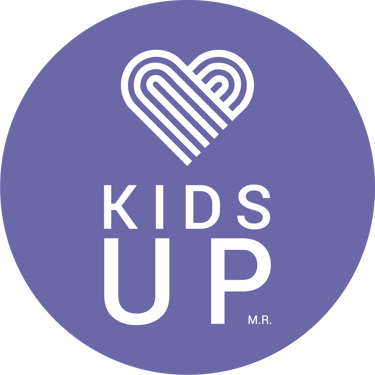And parents...Can we do something?
With a mixture of modesty and pain, Rodrigo's stepfather feels helpless and asks for forgiveness. He does it because he feels that it is his responsibility, although he never had support to do something different. Evidence has shown that strengthening parenting skills has a positive impact on children's well-being and the prevention of risk situations.
Marcelo Sánchez Ahumada, PUBLISHED IN COOPERATIVA
1/18/20242 min read


“While I had him with me I was going straight, but the bad meetings led me to this.” Rodrigo was 8 years old when his stepfather took over. At first the relationship was not bad, but over the years he spent more time with his friends than at home. There he met another “Hand”, one who gave him money and drinks, then took him to work, which was none other than rob passersby by surprise at Tobalaba`s tube, a few months passed and he received a “iron” with which he had to get started and he did violent robbery in Recoleta. So there were 7 or 8 until he ended up lying there, bleeding to death in his last adventure, only because everyone started.
With a mixture of modesty and pain, Rodrigo's stepfather feels helpless and asks for forgiveness. He does it because he feels that it is his responsibility, although he never had support to do something different. Evidence has shown that strengthening parenting skills has a positive impact on children's well-being and the prevention of risk situations.
The Study “Parenting Promotes Social Mobility Within and Across Generations” by Jorge Luis García and Nobel Prize winner James J. Heckman in 2023, delved into the fact that parental training in programs with evidence impacts the generation of autonomous family income. Research has found that children whose parents have adequate skills have a lower risk of engaging in criminal behavior or being victims of violence. There are various parenting skills that can be strengthened, such as effective communication, conflict resolution, positive discipline, and setting clear limits.
These skills not only benefit children, but also parents themselves, as they allow them to establish more satisfying relationships and reduce stress and anxiety. In addition, it has been proven that programs aimed at strengthening parenting skills are effective in reducing problematic behaviors in children and improving family relationships. The successfully tested methodologies operate in Parents and Caregivers who develop a bond that serves as a protective factor that stops the development of problematic behaviors. They usually include training sessions for parents, in which these issues are addressed and skills that help them are exercised. in family management. In Chile, high-standard programs on the matter such as Familias Unidas, PMTO, Triple P and others are already implemented, but on a small scale considering the explosive increase in risk factors and the low availability within the State.
It is essential to strengthen family and school coexistence as a protective factor for children. The presence of risk factors in these areas opens spaces that antisocial organizations occupy, endangering the development and well-being of children. Parents and caregivers who possess appropriate skills have the ability to provide a safe and loving environment for their children. Therefore, it is necessary to enhance these skills through an evidence-based preventive offer with adequate quality and coverage, promoting an early Social Prevention agenda. Only through the combination of efforts from the family, school and community, can we guarantee a safe and protective environment for children.
